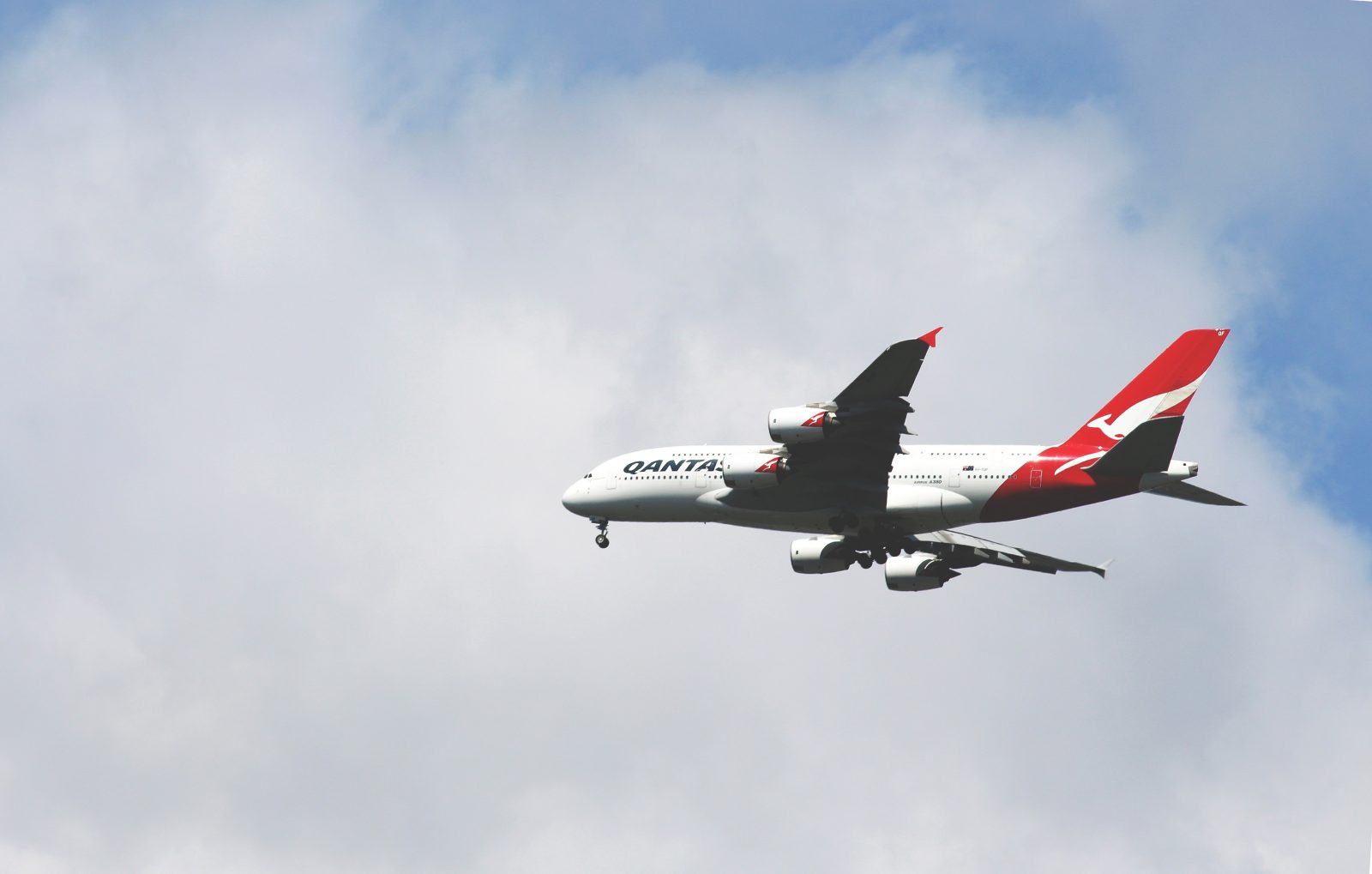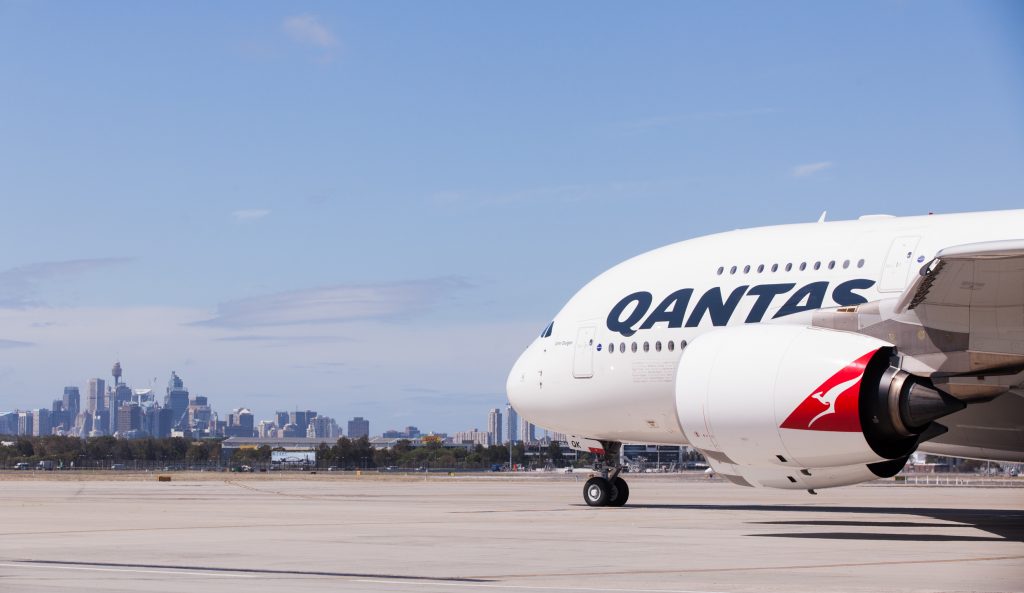
Australian flag carrier Qantas said Tuesday morning that it would slash capacity on international routes by up to 23 per cent over the next six months because of a “sudden and significant drop” in demand caused by the COVID-19 Coronavirus outbreak. Alan Joyce, the airline’s chief executive, said he was working hard to avoid job losses but urged staffers to take paid and unpaid leave.
Joyce, who was Australia’s highest-paid chief executive in 2018 with a pay package worth A$23.88 million, has agreed to forego his salary for the rest of the financial year which ends in June. Other members of the Qantas Board and leadership team have agreed to a pay cut of 30 per cent and bonuses have been cancelled.

International capacity has been slashed by an average of 23 per cent through September 2020, with destinations in Asia seeing the biggest drop with a 31 per cent cut in capacity. As the COVID-19 outbreak spreads worldwide, Qantas has also decided to cut capacity to the United States by 19 per cent and to the UK by 17 per cent.
Eight of Qantas’ superjumbo Airbus A380’s have been grounded, while a further two are currently undergoing scheduled heavy maintenance. That leaves just two A380’s in the Qantas fleet still operating.
Smaller Boeing 787 Dreamliners will replace the double-deck A380 on routes from Melbourne to Los Angeles, and Sydney to Dallas Forth Worth and London. Flights to London will operate via Perth rather Singapore, resulting in Qantas’ direct service between Perth and London becoming double daily.
Domestically, capacity will be cut by 5 per cent. In total, the equivalent of 38 Qantas and Jetstar aircraft will be grounded because of today’s announcement.
The start of Qantas’ new route between Brisbane and Chicago will also be delayed to mid-September but the airline did not comment on whether its Project Sunrise ultra-long-haul ambitions might be scuppered because of the dramatic downturn.
Joyce told reporters Tuesday that he had asked Airbus for a further extension on making its decision to place an order for A350-1000 aircraft that would be used for the non-stop flights between the east coast of Australia and Europe. Airbus has not yet responded to Qantas’ request, Joyce said.
“The Qantas Group is a strong business in a challenging environment,” explained the embattled chief exec. “We have a robust balance sheet, low debt levels and most of our profit comes from the domestic market. We’re in a good position to ride this out, but we need to take steps to maintain this strength,” he continued.
“It’s hard to predict how long this situation will last, which is why we’re moving now to make sure we remain well-positioned. But we know it will pass, and we’ll be well-positioned to take advantage of opportunities when it does.”
Joyce was unable to provide an estimate on how much the COVID-19 effect could have on Qantas’ annual results but said the airline had seen some relief in smaller fuel bills because of falling oil prices and lower consumption.
Qantas said it retained flexibility to add capacity back sooner than planned if the situation improved – and to remove further capacity should the situation deteriorate.
Mateusz Maszczynski honed his skills as an international flight attendant at the most prominent airline in the Middle East and has been flying ever since... most recently for a well known European airline. Matt is passionate about the aviation industry and has become an expert in passenger experience and human-centric stories. Always keeping an ear close to the ground, Matt's industry insights, analysis and news coverage is frequently relied upon by some of the biggest names in journalism.







